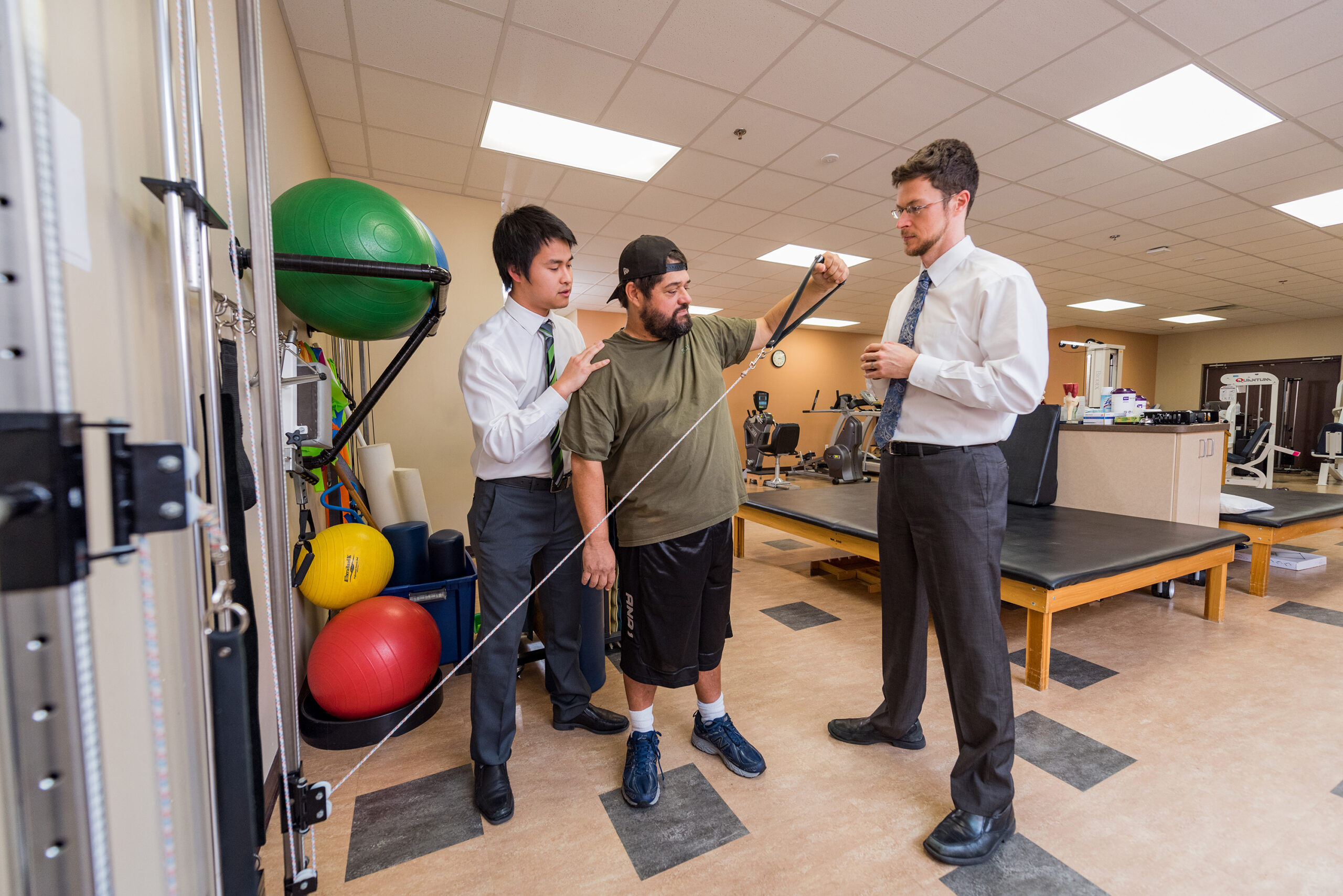Improving Efficiency and Reducing Harm Risk through Thorough Assessment of Equilibrium and Steadiness via Practical Movement Screening.
Improving Efficiency and Reducing Harm Risk through Thorough Assessment of Equilibrium and Steadiness via Practical Movement Screening.
Blog Article
Equilibrium and stability are essential components of bodily fitness and general health. They play a critical part in daily activities, sports capability, and harm avoidance. When an person has strong equilibrium and steadiness, they are less likely to fall or sustain damages during bodily exercises. One efficient way to assess these qualities is through Functional Movement Screening (FMS). FMS is a method used to evaluate movement patterns and identify imbalances or weaknesses that could lead to injuries.
Functional Movement Screening involves a sequence of particular tests that examine how effectively a person moves. The tests concentrate on basic actions such as squatting, lunge, and bending. By observing these movements, trainers and healthcare professionals can determine areas where an individual may struggle. For example, if someone has trouble maintaining equilibrium while executing a squat, it may indicate a need for targeted exercises to improve strength and control. This evaluation not only detects weaknesses but also helps to track progress over time.
In addition to identifying areas for improvement, FMS serves a vital role in preventing injuries. Many damages occur as a consequence of inadequate motion mechanics, which can be identified through practical assessments. By tackling these problems early on, people can lower their risk of injury during sports or other bodily exercises. For example, a runner who demonstrates an imbalance in their gait may be increasingly susceptible to leg harm. By correcting these imbalances through targeted exercise programs, the likelihood of harm can be significantly decreased.
Furthermore, improving capability is another advantage of conducting a comprehensive assessment of equilibrium and steadiness. Athletes and active persons often aim to improve their performance in specific sports or tasks. A comprehensive understanding of their motion patterns allows trainers to create customized exercise regimens that target specific deficiencies. By improving balance and steadiness, sportspeople can enhance their overall capability, whether it’s jogging faster, jumping higher, or performing precise movements in their activity.
In summary, the importance of assessing equilibrium and steadiness through Functional Motion Screening cannot be exaggerated. This thorough assessment serves as a foundation blog here for enhancing physical fitness, avoiding harm, and enhancing sporting capability. By identifying areas of deficiency and putting into action targeted training approaches, individuals can achieve better results in their physical activities. Focusing on equilibrium core strengthening therapy and stability not only leads to better capability but also adds to a more wholesome, increasingly active lifestyle.